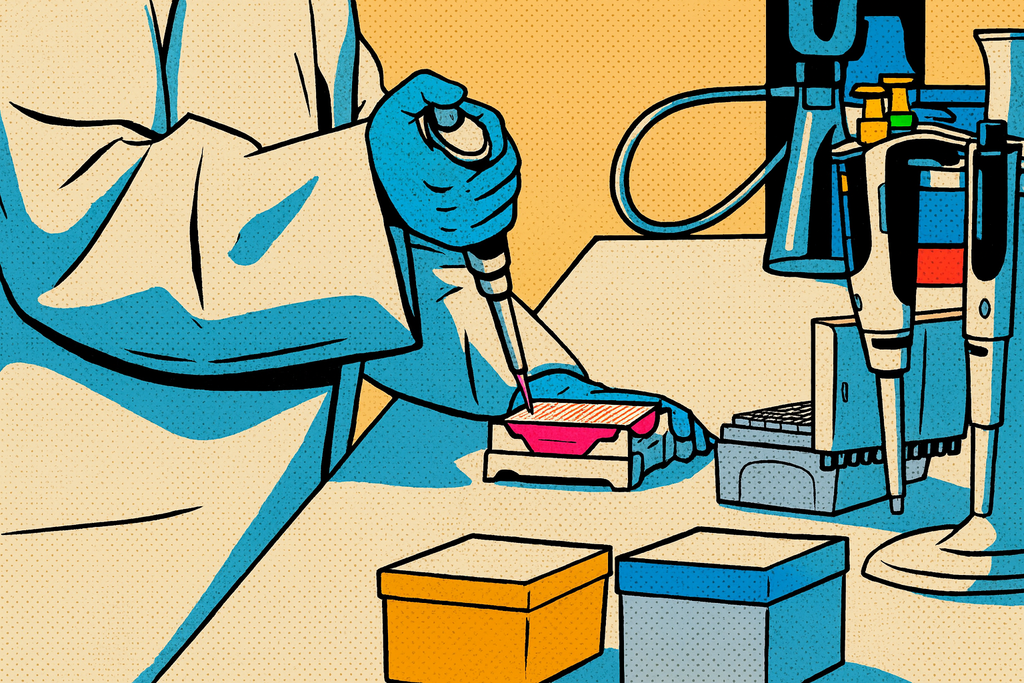How Automation is Transforming PCR Accuracy, Efficiency, and Scalability
Polymerase chain reaction (PCR) has long been a cornerstone of molecular biology, driving discovery and diagnostics across research and clinical applications. But as laboratories face increasing sample volumes and tighter turnaround times, traditional manual PCR methods can be time-consuming, error-prone, and difficult to scale.
Together with Biocompare, BRANDTECH explores how modern automation technologies are reshaping PCR workflows to deliver greater accuracy, consistency, and throughput — enabling scientists to focus more on insight and less on repetitive setup.
The Challenges of Manual PCR
While PCR remains an essential learning tool and experimental technique, manual workflows introduce several challenges that impact both efficiency and reproducibility:
- Repetitive, labor-intensive pipetting increases the potential for errors.
- Inconsistent results arise from microliter-level volume differences and operator variability.
- Manual mixing of multiple reagents can compromise repeatability.
- Time-intensive setup limits throughput and scalability.
These factors can make it difficult for laboratories to meet growing demands while maintaining data integrity and operational efficiency.
Simplifying PCR Workflows with Automation
Automated pipetting systems provide a powerful solution for precise, high-throughput PCR applications. Automation supports accuracy and efficiency while remaining accessible and cost-effective for a wide range of labs.
Why Automate?
- Time & Cost Savings, reduce manual preparation time, freeing staff for higher-value work.
- Accuracy & Reliability, minimize pipetting errors and lower the risk of contamination.
- Scalability & Flexibility, easily accommodate increasing sample numbers without expanding personnel.
The BRANDTECH Solution: BRAND Liquid Handling Station (LHS)
The Liquid Handling Station (LHS) is designed for laboratories ready to adopt automation without the complexity of large-scale robotics. This benchtop robot streamlines PCR setup, delivering precision and flexibility in a compact footprint.
The Case for Automating PCR with the LHS
- Increased throughput and adaptability to varying sample demands.
- Enhanced data quality and reduced contamination risk.
- Lower operator fatigue and fewer repetitive strain injuries.
- More time for scientists to focus on analysis, interpretation, and innovation.
Key Features
- Intuitive, no-programming interface for rapid adoption.
- Compact benchtop design that fits into any lab environment.
- Customizable workspace to accommodate diverse assay formats.
- Seamless scaling from 96- to 384-well microplates for higher throughput.
Bringing Speed, Precision, and Savings to Every PCR Workflow
Automation transforms PCR preparation from a manual process into a streamlined, scalable workflow. With greater accuracy, reduced variability, and faster turnaround, laboratories can lower costs and achieve consistent, high-quality results across every run.
Discover how BRANDTECH and Biocompare are advancing laboratory performance through smart automation.
Download the Infographic on Biocompare
